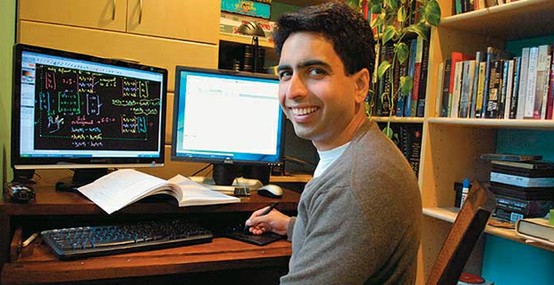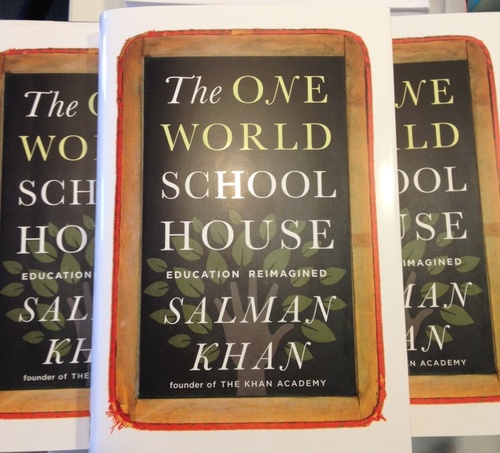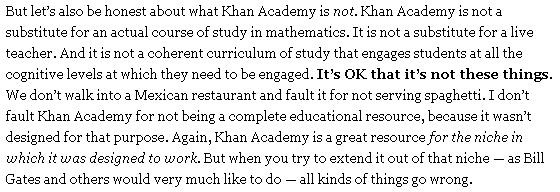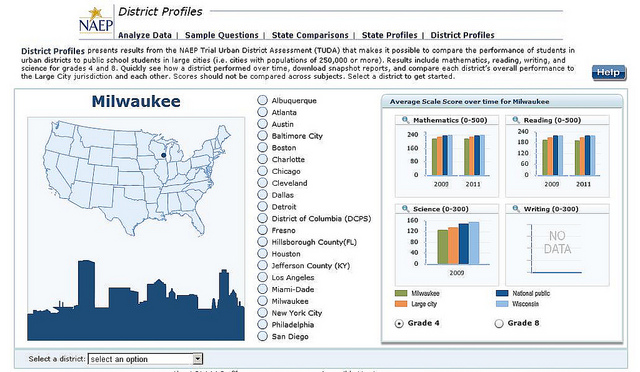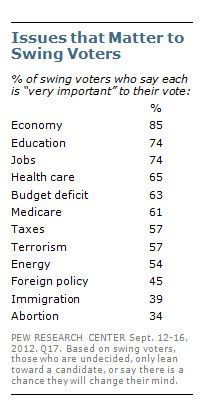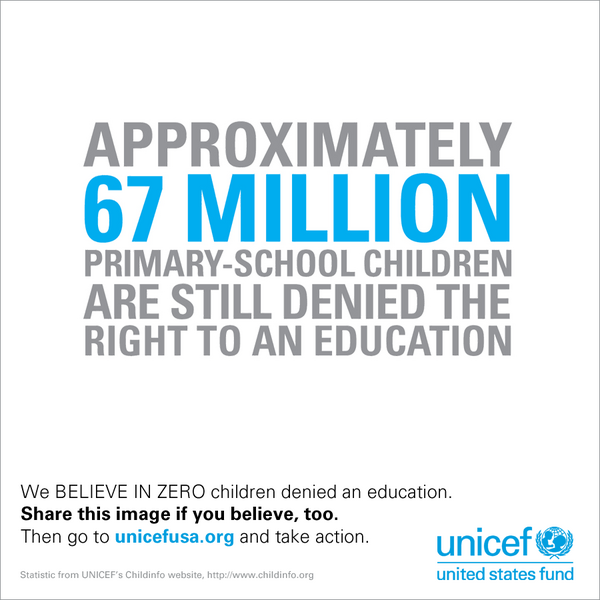
OVERVIEW
MANAGEMENT
PERFORMANCE
POSSIBILITIES
CAPITALS
ACTIVITIES
ACTORS
BURGESS
Education |
|
Burgess COMMENTARY I have followed the progress of Khan Academy for some time now, and hope its success will be ongoing. Teachers have used 'teaching aids' for ever ... in any event, a long time ... and this is a huge step up in teaching aid technology. Now teachers can get back to the human person to person dimension of teaching that is so vital to the development of a young person. Education should be all about doing the very best for each and every individual student, not just for the best and the brightest, and not just so that the class average satisfies some bureaucratic criteria. Thanks for this program. Peter Burgess |
|
e-Scholars ... Is the future of learning moving online?
Education reform is a contentious issue around the world with teachers, parents, and politicians battling for the right to determine what and how subject material is taught in the classroom. The rise of online technology, however, has overseen a number of changes in the way children and adults are educated. Salman Khan, founder of the world’s most popular online learning site, the Khan Academy, believes the current educational model is “broken” and is challenging the traditional method of classroom learning by offering thousands of free tutorials on his site. Covering topics from calculus to microeconomics to art history, his lessons have received millions of views on YouTube. As an increasing number of people use technology as part of their everyday lives, will online learning overtake physical classrooms? In this episode of The Stream, we speak to: Salman Khan @khanacademy Founder & Executive Director, Khan Academy khanacademy.org Robert Murphy Social Scientist, Center for Technology in Learning ctl.sri.com Members of The Stream community also join us via Google+. What do you think? With increasing technology, what do you think the education system will be like in 20 years? Leave your thoughts in the comments below.
Khan Academy was established in 2006 as a free online video resource explaining basic concepts of math and science to children. Today, after much heralded success, it has grown into a 3400 video library explaining complex theories in biology, chemistry, and physics. Salman Khan, a US native, began posting the videos to YouTube, attempting to help a younger cousin with math at first, but then offering the help to anyone with online access. Here, Salman Khan is pictured at his house making one of the online videos for the web:
The following is a sample of Khan Academy's videos with Salman Khan explaining linear algebra:
In 2012, Salman Khan published The One World School House detailing how he created Khan Academy and explaining his style of teaching. He also explains how the power of technology can be harnessed to help in the classroom, and how the classroom needed to be 'flipped' so that both the teacher and student are learning simultaneously.
Salman Khan delivered this lecture on Khan Academy and the future of teaching at TEDx in April 2011.
A bar graph provided by the International Center for K-12 Online Learning shows the increase of full-time online charter school enrollments over the last decade:
Not everyone is convinced, however, that online learning or Khan Academy is the solution to all problems in education. The blog post below critiques Khan Academy for attempting to go beyond its limits, arguing, 'it is not a coherent curriculum of study that engages students at all their cognitive levels'.
Much talk is made of the US school system's perceived 'failing'. Secondary school students ranked twenty-third in math and science during the 2011 school year in comparison with their peers. The subject of standardised testing is also an issue that has raised many questions in recent years. Educators and parents question whether students are being taught to pass exams or expand their critical thinking: The video below examines the 'education crisis' in the US: Why Is America's Educational System Failing?
This clip shows where the US ranks in education compared to other nations:
The following is a screenshot of the graphic created by the National Center for Education Statistics, which allows users to see how their districts fared in math, science, and reading:
In September, members of the US state of Chicago's teachers' union began a city-wide strike against the use of test scores to evaluate teachers and called for employment guarantees for laid-off educators. The strike lasted for seven days cutting into the school year in a hot-button struggle between the teachers and Chicago Mayor Rahm Emmanuel. Below is a picture of the teachers' protest in downtown Chicago:
Thousands marched in the streets of Chicago for the Chicago Teacher's Union strike ( vía @OccupyWallSt) pic.twitter.com/Rw5QVM5m
We stand with the Chicago Teacher's Union. The strike is still on. Photo of Paper Mice drummer John Carroll and crew : pic.twitter.com/40flKbda This blog post argues that the US education system is a quagmire that is frequently understated and hardly dealt with:
This recent Pew poll shows education is just as important as jobs are for US voters in states considered key to winning the presidential election:
The following is a promotional poster for education around the world:
In general, netizens seem to appreciate Khan Academy's assistance: |
|
AJStream
|
| The text being discussed is available at http://stream.aljazeera.com/story/e-scholars-0022357 |
